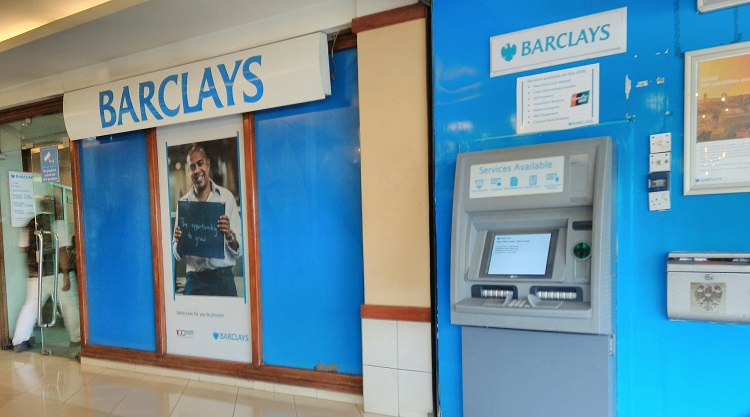With the rising cases of terrorism and terrorism funding, banks have a role to play in the grand scheme of financing. This is why there are rules in place on the basic items a bank must check against when opening an account.
This is known as the KYC – Know Your Customer process.
Investigations into terrorist activities most often than not reveal funding of such activities from laundered money usually obtained from illegal activities, for instance, the sale of arms, human trafficking or drugs.
It, therefore, requires a different and more proactive approach to enhance compliance in account opening procedures.
KYC procedures seek to establish a customer’s identity, to understand the nature of the customer’s economic activity and to assess money laundering risks associated with the customer.
Customer identification: this is done by the customer presenting their original ID which is run through the government IPRS-Integrated Population Registration System, to match details.
A bank also determines what additional identification details they can collect from customers like proof of residence by way of bills-electric and water bills, driving license, or asking for referees.
Due Diligence: this is done to determine if a potential customer can be trusted, which is a critical element to manage risks and protect the bank against terrorists, criminals, and corrupt political persons.
Three levels of due diligence conducted include:
Simplified due diligence– is done when dealing with low-value accounts where the risk for money laundering is low for example salary accounts receiving below Ksh 50,000.
Basic customer due diligence– is the basic information collected from all customers that help to identify the identity of the customer- this includes copies of ID, photos and KRA Pin Certificates
Enhanced due diligence– higher risk customers call for the collection of additional information. The economic activities associated with the customer would be a reason to carry out enhanced due diligence. Customers exposed to politics would, therefore, attract more scrutiny given the propensity to corruption in politics. However, it is upon the bank to determine the measures they take against the different perceived risks.
Ongoing monitoring: once the customer has an account, it is not enough for the bank to check their risk once. It should be a continuous process. A customer’s circumstance could change within a month, a few years or even in a weeks’ time. Banks should, therefore, be on the alert with customer due diligence and keeping up with their customers.
Mobile Money providers also need to have KYC procedures in place. This applies both for individual sign-ups and Mpesa / Airtel agents and operators.
Companies also pose a serious issue in complying with KYC procedures, seeing that a company can be owned by another company which can be owned by another company. This requires unmasking the directors behind every company.
Knowing Your Customer can be equated to the Nyumba Kumi Initiative– the aim is to create a safe environment free from fraudsters, money launderers, and worse of them- terrorists.
The Nyumba Kumi Initiative was introduced by the government to complement the community policing initiative which requires each person to ensure his safety and that of his neighbour.
Knowing Your Customer is an active process that will involve banks coming up with smart ways to keep in touch with their customer’s activities.
This helps keep the financial system safe and avoids terrorism funding as well as money laundering and fraud activities.
Read:
- Police investigate loss of over Ksh 6 million from local bank through cyber fraud
- Collaborative efforts required to fight mobile money fraud, cybercrime – DPP
- Safaricom to Adopt Finger and Facial Recognition to Curb Sim Fraud
The next time a banker asks a couple more queries than you deem necessary, they are only trying to execute policies on Knowing Their Customer, trying to make the country safer.




